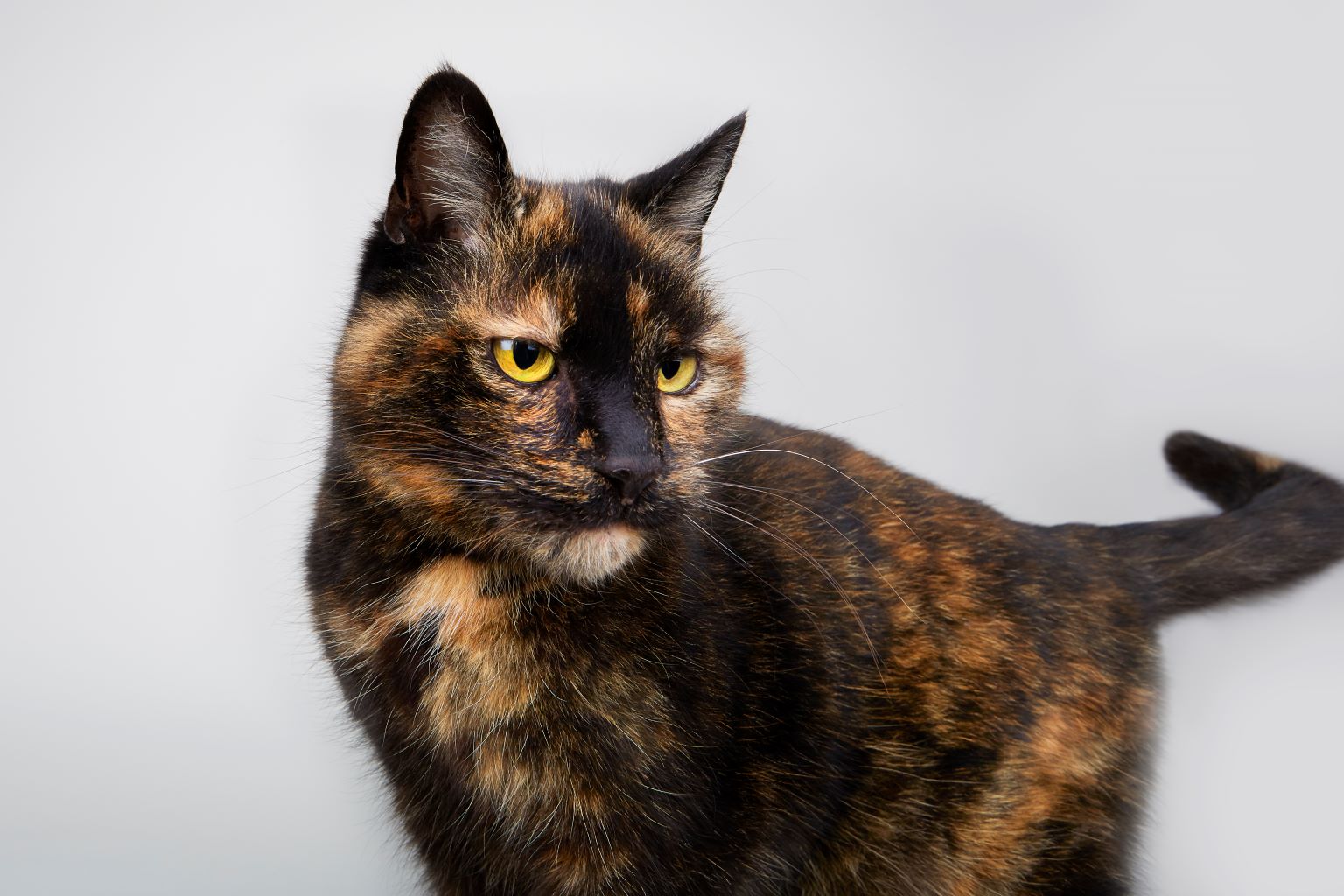No pet parent likes seeing their cat slow down as they age, but what's even more worrying is wondering if they may be in pain. Sadly, age-related conditions like arthritis are common in senior cats, so knowing the signs is vital to help give them the best quality of life possible.
In this article, we'll explore how cats show pain and some of the signs that may indicate arthritis. We'll also look at what causes arthritis in cats, and what to do if you think your feline friend may be suffering from the condition.
How Do Cats Show Pain?
Cats are masters at hiding pain, so it's not always easy to tell when they're suffering. But by closely monitoring their body language and behaviour, you can pick up on subtle signs that something is wrong.
Here are some signs to watch out for:
-
Reduced activity.
Cats that are in pain may not show obvious signs like limping or crying out when touched. Instead, they often just move around less and spend more time sleeping and resting. Loss of interest in activities they once enjoyed, like playing and hunting, could also indicate pain.
Look for signs of hesitation – they may go up and down stairs awkwardly, pause for longer before jumping onto objects, or reach out with a paw to shorten the distance of a jump.
-
Decreased mobility.
When your cat does move around, look for signs of stiffness and hesitation. For example, they may go up and down stairs awkwardly, pause for longer before jumping onto objects, or reach out with a paw to shorten the distance of a jump. -
Changes in grooming habits.
Many cats with arthritis find it difficult to reach certain areas of their fur. As a result, your usually well-groomed kitty may develop clumped, matted patches on their coat. On the other hand, some cats will react to painful joints by overgrooming them, leading to sore, bald patches. Your cat's claws may also become long and painful to retract because they spend less time sharpening or naturally wearing them down. -
Behavioural changes.
If your furry friend's behaviour has changed, it could be a sign of pain. A usually calm cat may become grumpy and avoid contact, while an already grumpy one may become even more irritable. Some cats may start hiding away more or become clingy with their owners.
Are These Changes a Sign of Cat Arthritis?
Arthritis is one of the most common causes of pain in cats. It's a degenerative condition that leads to inflammation and painful joints. Although it can affect cats of all ages, senior cats are more likely to develop the condition. In fact, a 2002 study found that an astonishing 90% of cats over the age of 12 had evidence of degenerative joint disease in at least one joint.

If left untreated, arthritis progressively worsens over time and can lead to chronic pain and mobility issues. Pain from the condition can also negatively impact your cat's quality of life, affecting their mood, social interactions, sleep, and more.
Worryingly, nearly 40% of all cats show clinical signs of arthritis pain. That's why it's so important to be aware of the signs and take action if you suspect your cat may have the condition.
What Causes Arthritis in Cats?
It's not yet been conclusively proven what causes arthritis in cats, but some risk factors have been identified. Let's take a look at them:
-
Previous joint injuries.
Fractures, dislocations, and other joint traumas are commonly associated with the development of arthritis. -
Breed predisposition.
Some breeds are more likely to develop arthritis, such as the Scottish Fold (due to abnormalities in their cartilage), the Maine Coon (due to hip dysplasia), and the Devon Rex and Abyssinian (due to risk of patella luxation – when the kneecap moves out of its proper position). -
Obesity.
Excess weight puts additional strain on joints and can make arthritis worse.
If you're worried your cat is in pain, it's time to visit your vet. They’ll be able to diagnose the condition – and the good news is that arthritis can be very effectively managed when detected and treated early.
What Should I Do If I Think My Cat May Have Arthritis?
If your cat is showing signs of arthritis, however mild, it's always best to investigate further: our symptom-checker is a great place to start and it's easy to show the results to your vet. If you're worried your cat is in any pain or discomfort, make sure to book an appointment with your vet. A veterinarian will be able to assess your cat and diagnose the condition more accurately.
The good news is that arthritis can be effectively managed when detected and treated early. So, don't hesitate to get your feline family member checked out!

 11 minutes
11 minutes


